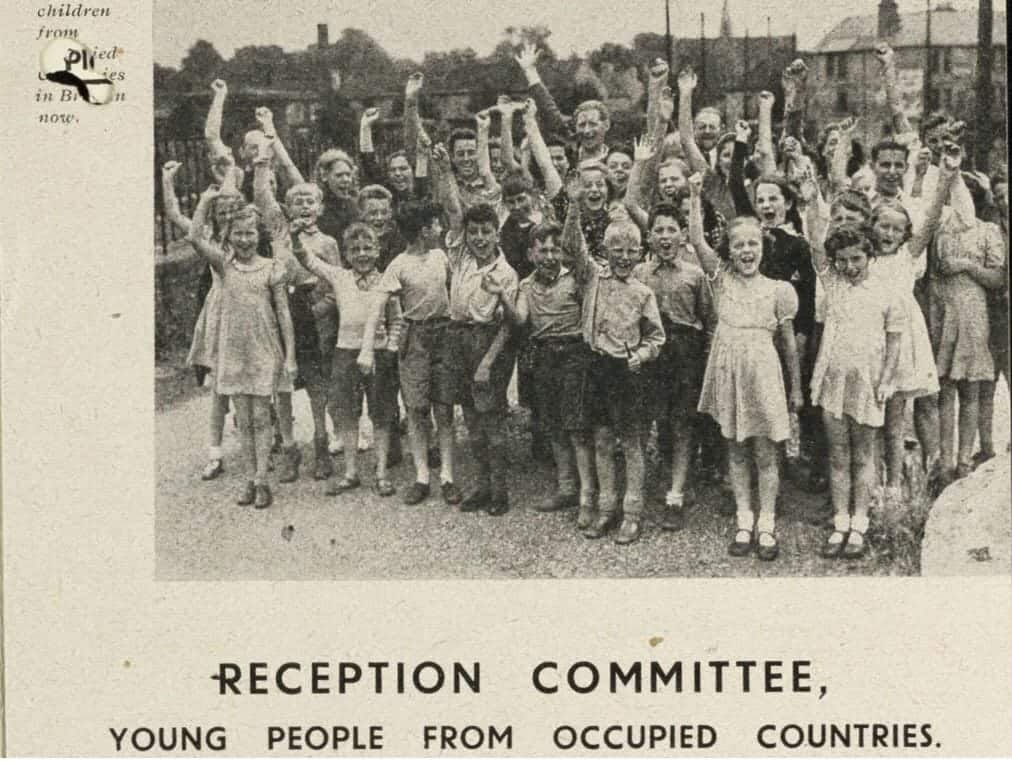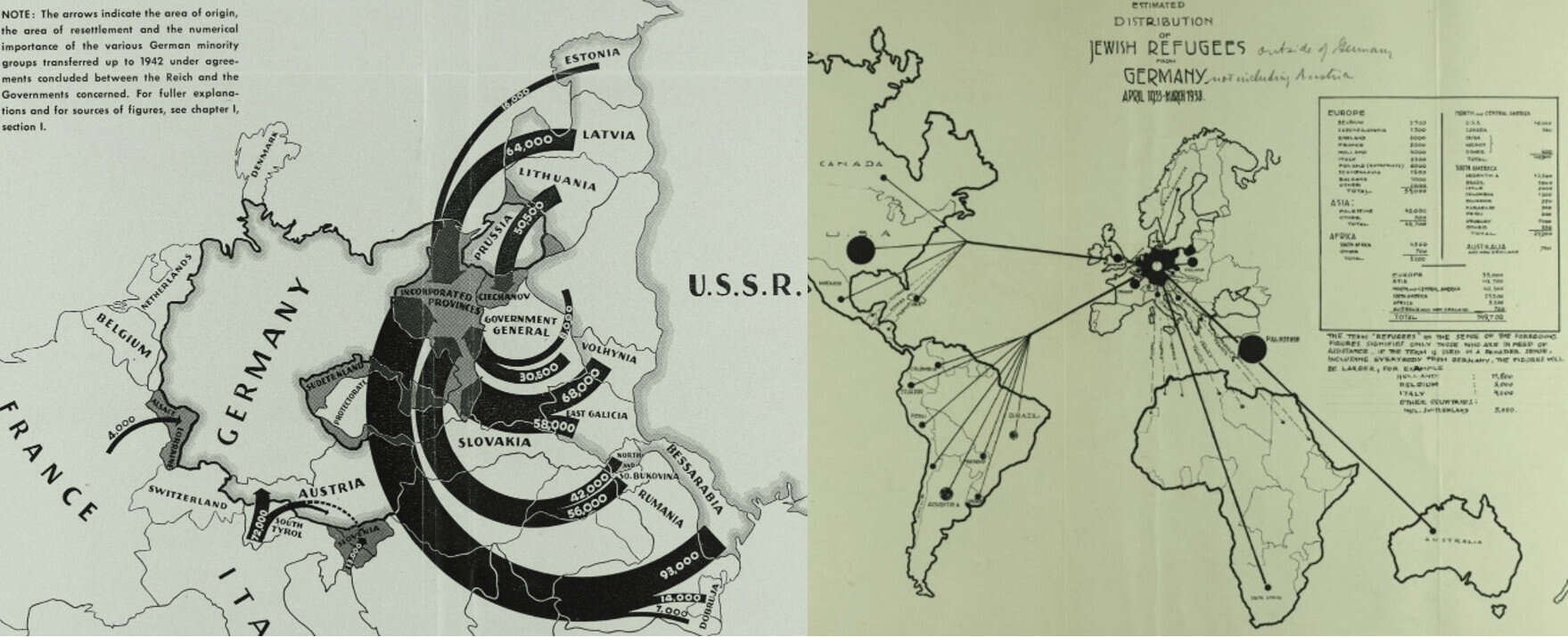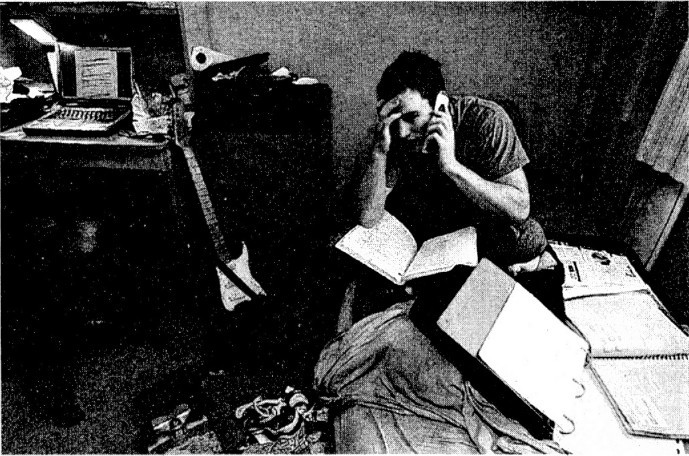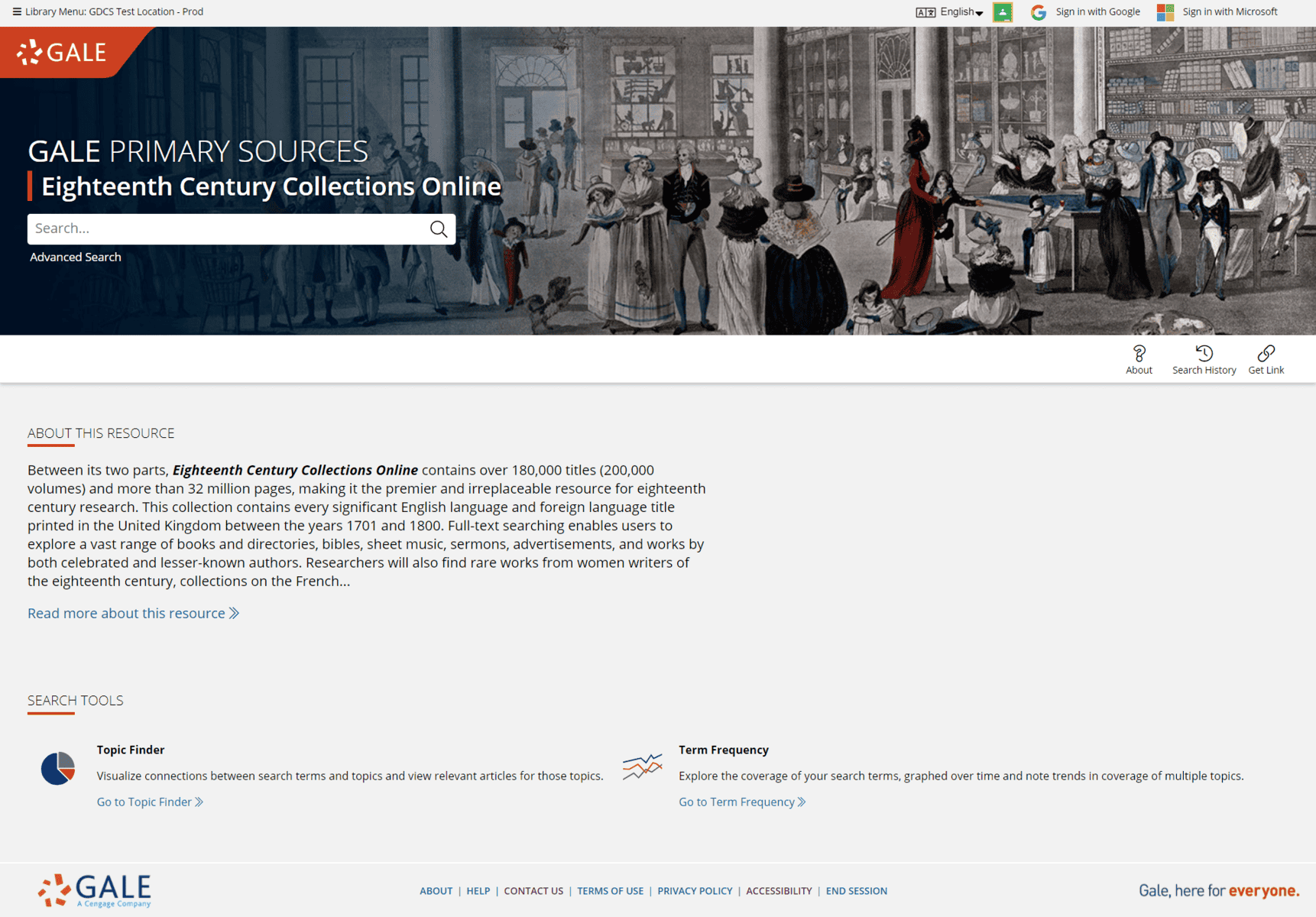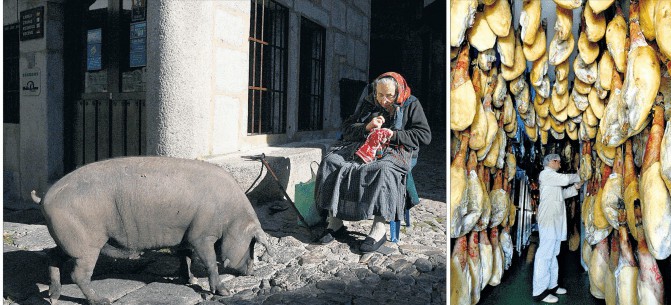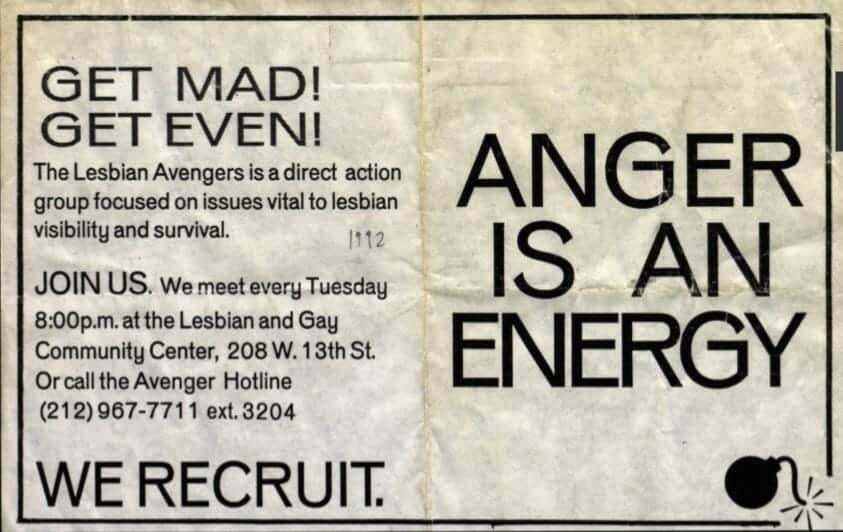│By Bennett Graff, Senior Acquisitions Editor, Gale Primary Sources│
Released in 2020, Refugees, Relief, and Resettlement: Forced Migration and World War II is a digital collection of primary sources that documents the largest displacement of people in human history to occur within the near decade-long window that comprised the period just before, during, and shortly after the Second World War.
When Gale creates any of its archives, a good deal of thought goes into its conception and execution. In my role as an editor advocating for an archive devoted to the history of modern refugeeism and forced migration, I had several goals in mind. First and foremost was to shine a historical spotlight on an issue that is very much with us today and will remain with us for decades to come. I discussed the topical nature of the archive in this post. Second was to illustrate the sheer breadth of the topic at hand. The displacement and resettlement of nearly 60 million people extended from South America through Europe, Africa, and Asia to the far reaches of the Pacific Rim. The content included in Refugees, Relief, and Resettlement: Forced Migration and World War II had to represent this reach as broadly as possible. And finally, in laying bear the special historical circumstances of refugees and displaced persons, it was necessary to consider the delicate situation of these often “state-less” individuals by respecting within reasonable means the private information that the publication of any collection of primary sources inevitably brings to the surface.

